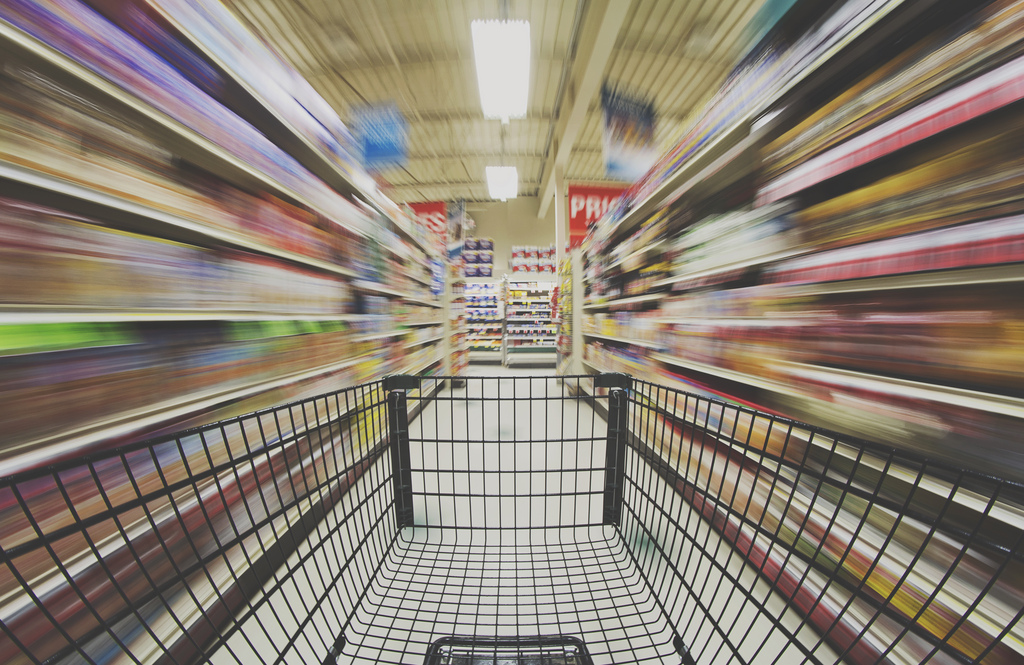
Big Food Is Spending Millions to Lobby for Less Transparency
By all accounts, Americans want a more transparent food system. Recent polling suggests the majority of Americans favor labeling that tells them exactly how and where their food is produced. And yet, several bills are currently moving through Congress that could make it much harder to learn about the source of our food.
These bills would prevent state and local governments from requiring labeling of GMOs; remove country-of-origin labeling (COOL) requirements for most of the meat we buy; and make it harder to know where pesticides are used.
August 19, 2015 | Source: Civil Eats | by Elizabeth Grossman
By all accounts, Americans want a more transparent food system. Recent polling suggests the majority of Americans favor labeling that tells them exactly how and where their food is produced. And yet, several bills are currently moving through Congress that could make it much harder to learn about the source of our food.
These bills would prevent state and local governments from requiring labeling of GMOs; remove country-of-origin labeling (COOL) requirements for most of the meat we buy; and make it harder to know where pesticides are used. The international trade agreements now being negotiated also include provisions that could make such information less available to consumers.
The food industry is spending an enormous amount of money to promote and lobby for this legislation. Food companies may have shelled out over $100 million* in the first six months of 2015 alone, according to federal lobbying disclosure reports.
Businesses and trade groups promoting these policies say putting more information on food labels will send the wrong message about food safety, add costs, and pose barriers to trade. And in some cases, they worry it will open U.S. food producers and other companies to punitive import-export taxes.
But good food advocates disagree. “This is basic transparency,” says Patty Lovera, assistant director of the advocacy group Food & Water Watch. “We’re not saying anything’s unsafe,” says Environmental Working Group (EWG) policy analyst Libby Foley. “We’re saying it’s about consumer choice.”
